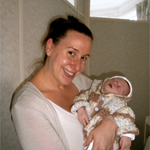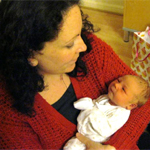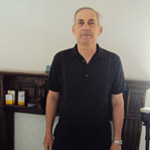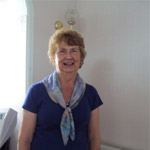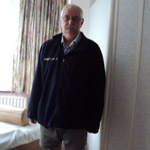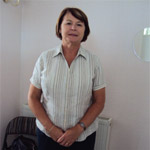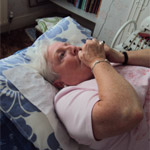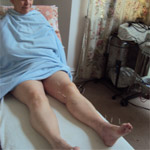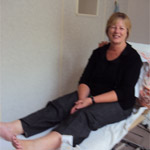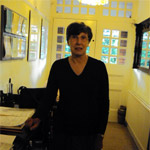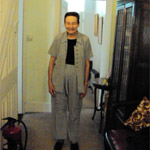The shoulder is a ball and socket joint with a large range of movement. Such a mobile joint tends to be more susceptible to injury. Shoulder pain can stem from one or more of the following causes:
 Strains from overexertion
Strains from overexertion- Tendonitis from overuse
- Shoulder joint instability
- Dislocation
- Rotator cuff disorders
- Frozen shoulder
- Pinched nerves (also called radiculopathy)
Systematic reviews considering manipulative therapy as a treatment for shoulder disorders such as the one described found positive results using a combination of treatments:
Manipulative therapy for shoulder pain and disorders: expansion of a systematic review.
Brantingham JW1, Cassa TK, Bonnefin D, Jensen M, Globe G, Hicks M, Korporaal C.
J Manipulative Physiol Ther. 2011 Jun;34(5):314-46. doi:10.1016/j.jmpt.2011.04.002.
This study found a level of B or fair evidence for MMT of the shoulder, shoulder girdle, and/or the FKC combined with multimodal or exercise therapy for rotator cuff injuries/disorders, disease, or dysfunction. There is a fair or B level of evidence for MMT of the shoulder/shoulder girdle and FKC combined with a multimodal treatment approach for shoulder complaints, dysfunction, disorders, and/or pain.
Denise Callaghan uses a multidisciplinary approach combining osteopathy, acupuncture and electrotherapy as described by two of her patients:
“I came to see Denise with a painful soft tissue injury to my right shoulder following some heavy lifting. Treatment has included electrical therapies, massage, acupuncture and stretching and my recovery has been steady, so that now the range of shoulder movement is normal and twinges are rare. Throughout Denise has been patient encouraging and positive and I would (and will) thoroughly recommend her.”
(Gillian Davis retired physiotherapist)
“I am so grateful to Denise Callaghan having had a shoulder problem causing a lot of pain and discomfort. My doctor sent me to physiotherapy, paid for by the N.H.S. I was seen every three weeks and given new exercises each time but this was not beneficial at all – in fact increased my discomfort. After seeing Denise Callaghan, I felt an improvement more or less straight away and now I feel fully recovered without the need for hydrocortisone injections or surgery.”
(Carole Smith)



